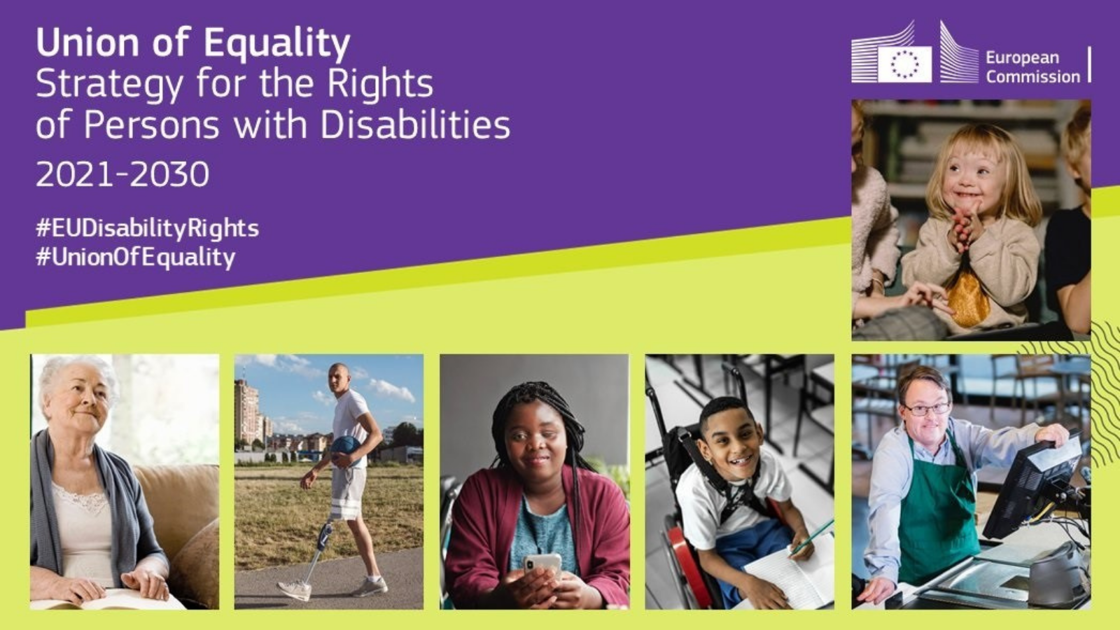The European Commission’s Strategy for the Rights of Persons with Disabilities covers all areas of life – education, employment, health care, sports and culture, and political participation.
Persons with disabilities still face considerable barriers. They have a higher risk of poverty or social exclusion (28.4%) compared to persons without disabilities (18.4%). Over half of persons with disabilities say they personally felt discriminated against in 2019. They have a lower employment rate, are disproportionately affected by unemployment, and leave labour markets earlier.
Judith Kirton-Darling:
“We welcome the Commission’s ambition to ensure equal access to education and labour-market oriented training at all levels. And the announced policy package to improve labour market access and employment opportunities is highly needed. As trade unions and social partners, we offer our cooperation to attain the best possible results.”
The strategy also foresees activities to promote hiring perspectives through affirmative action and combating stereotypes, ensuring reasonable accommodation, securing health and safety at work and vocational rehabilitation schemes in case of chronic diseases or accidents, exploring quality jobs in sheltered employment, and pathways to the open labour market.
Judith Kirton-Darling:
“A major obstacle for the free movement within the EU - for work, studies or other reasons – is the difficulty to have a disability status recognised in other countries. This may mean reduced access to services, including sign language interpreting, and benefits for persons with disabilities. We are very happy to see that the Commission will work with Member States on the mutual recognition of disability status and proposes a European Disability Card by the end of 2023.”
Contact: Andrea Husen-Bradley (press and communication), Maike Niggemann (policy adviser)
